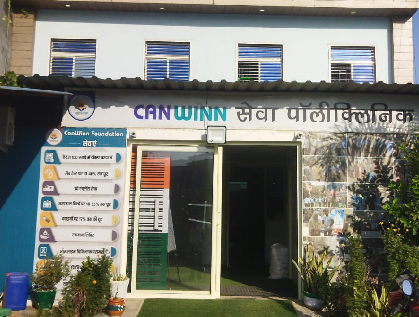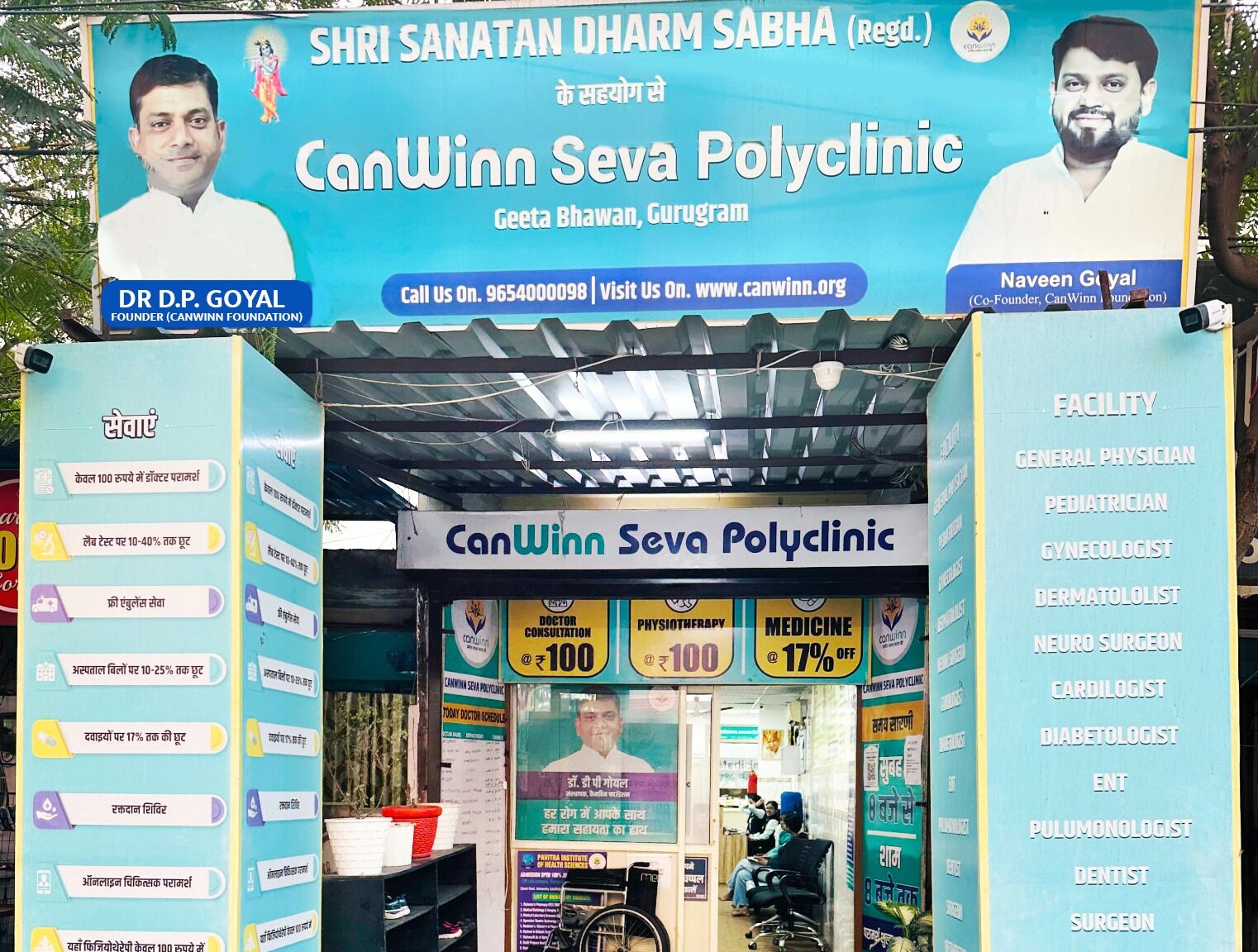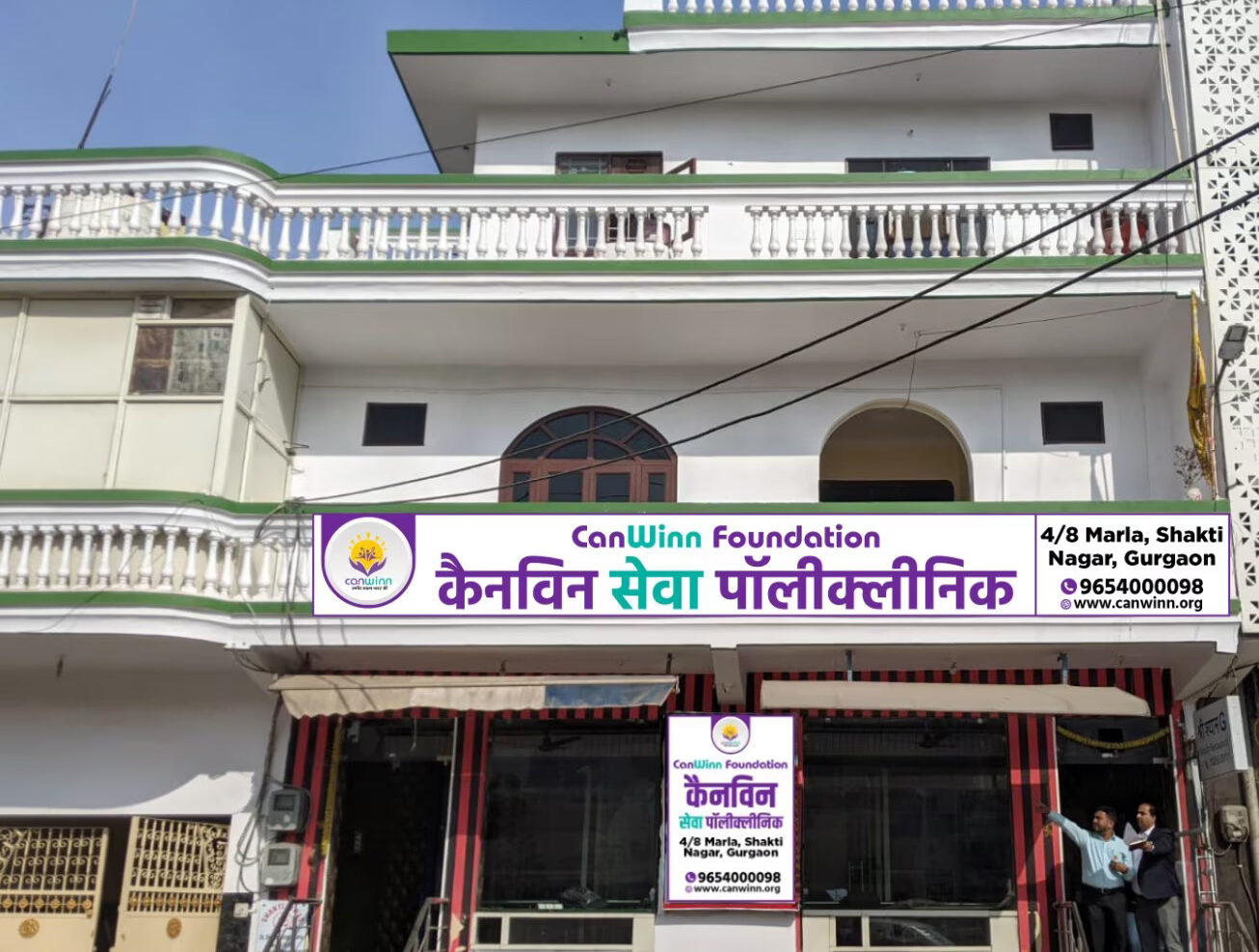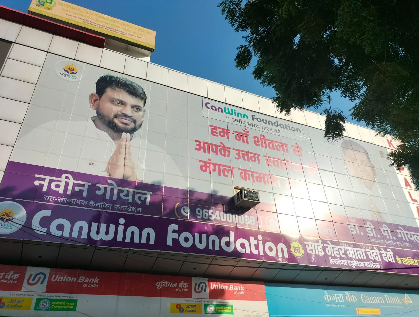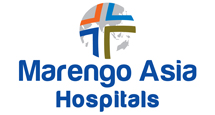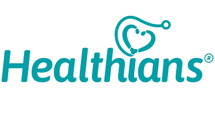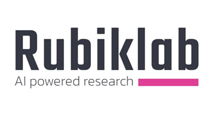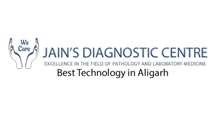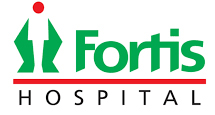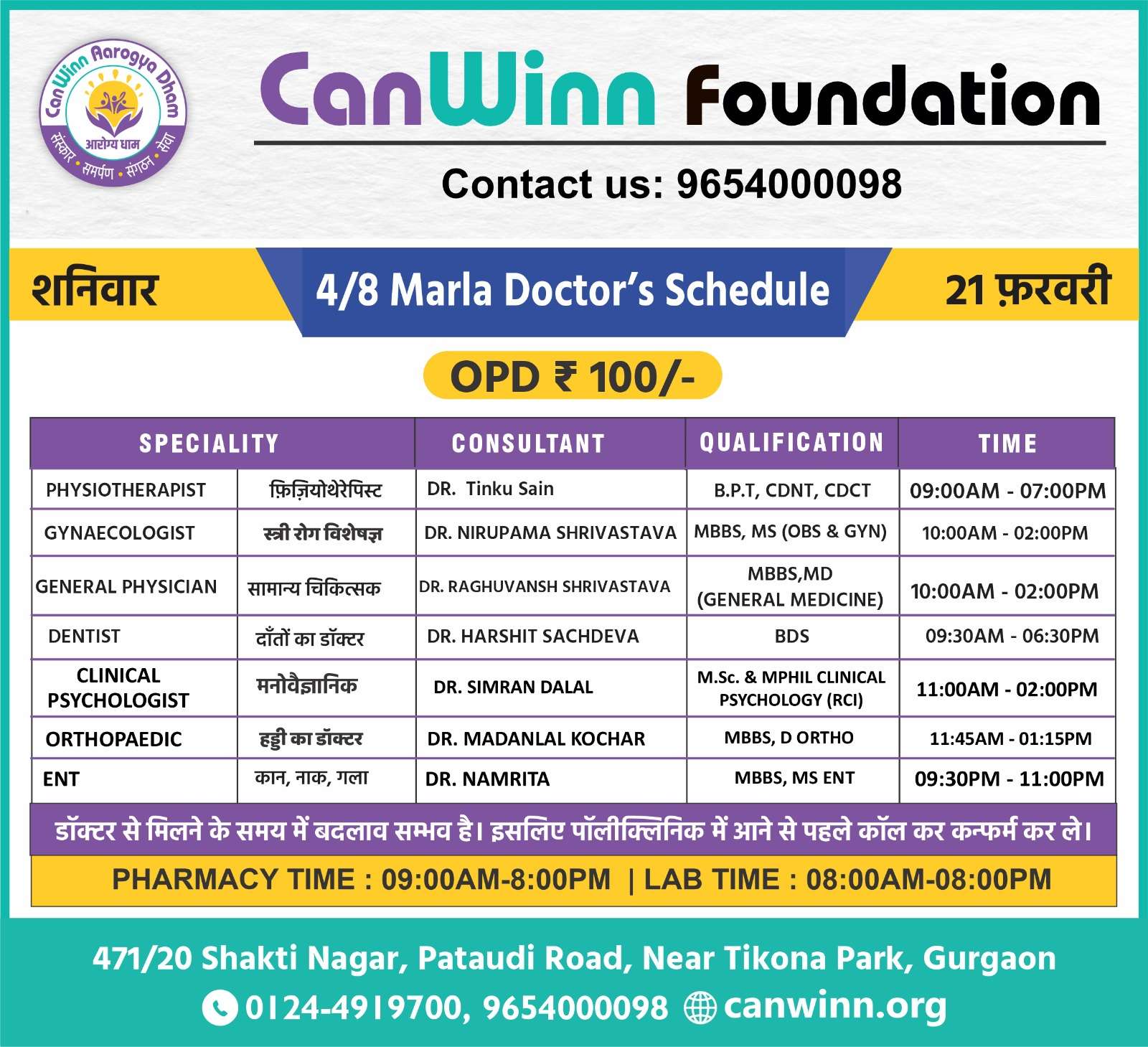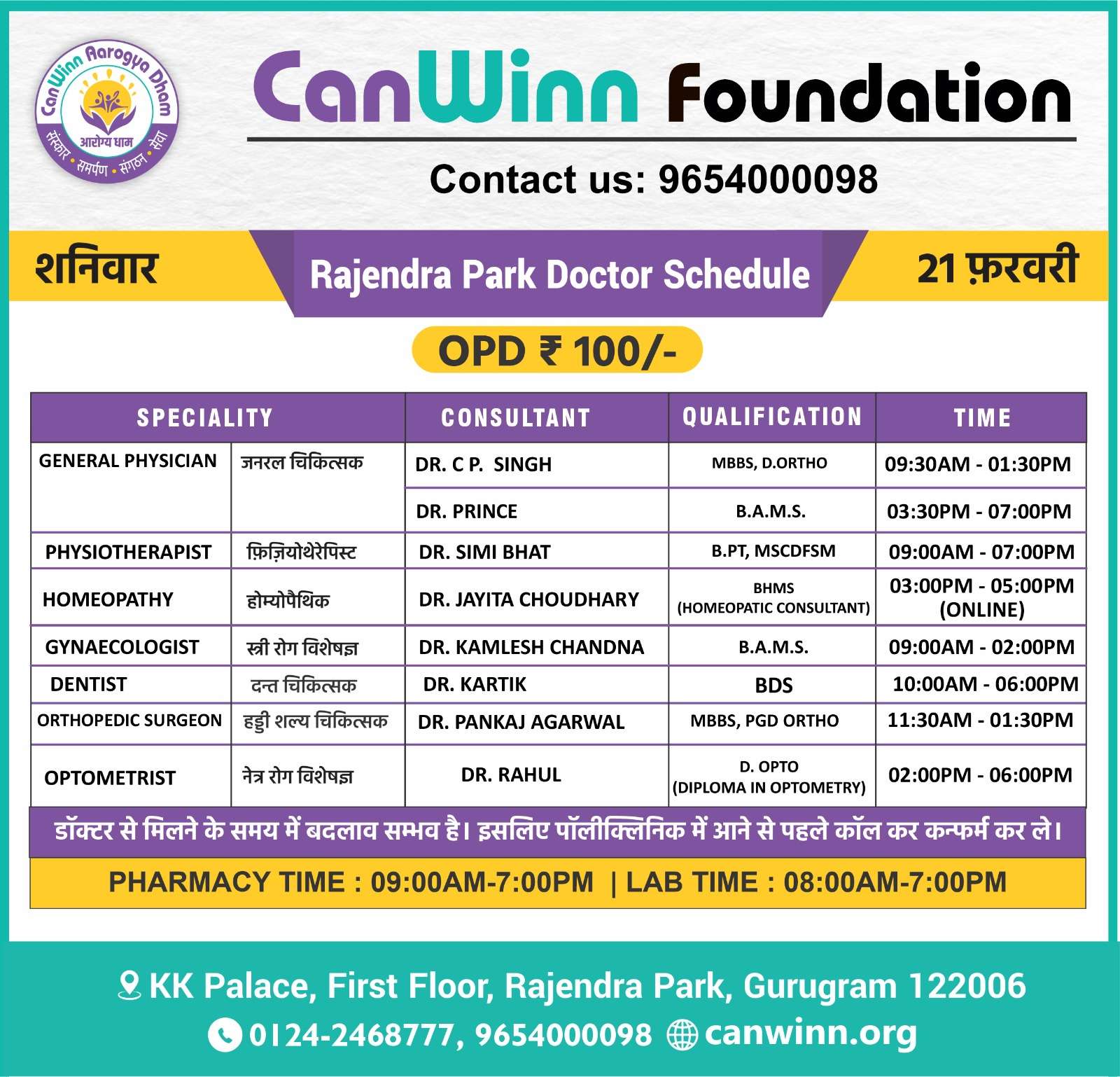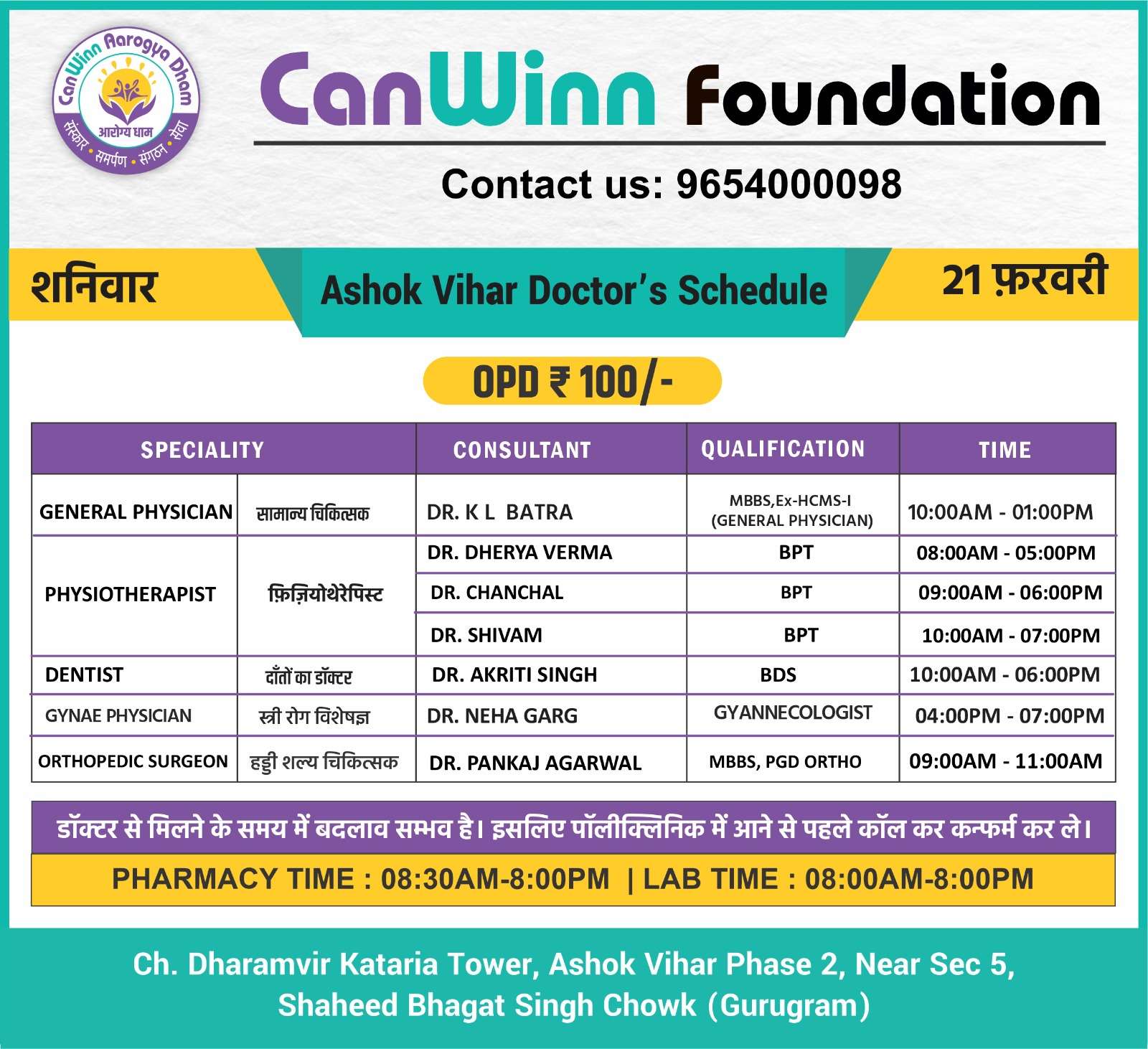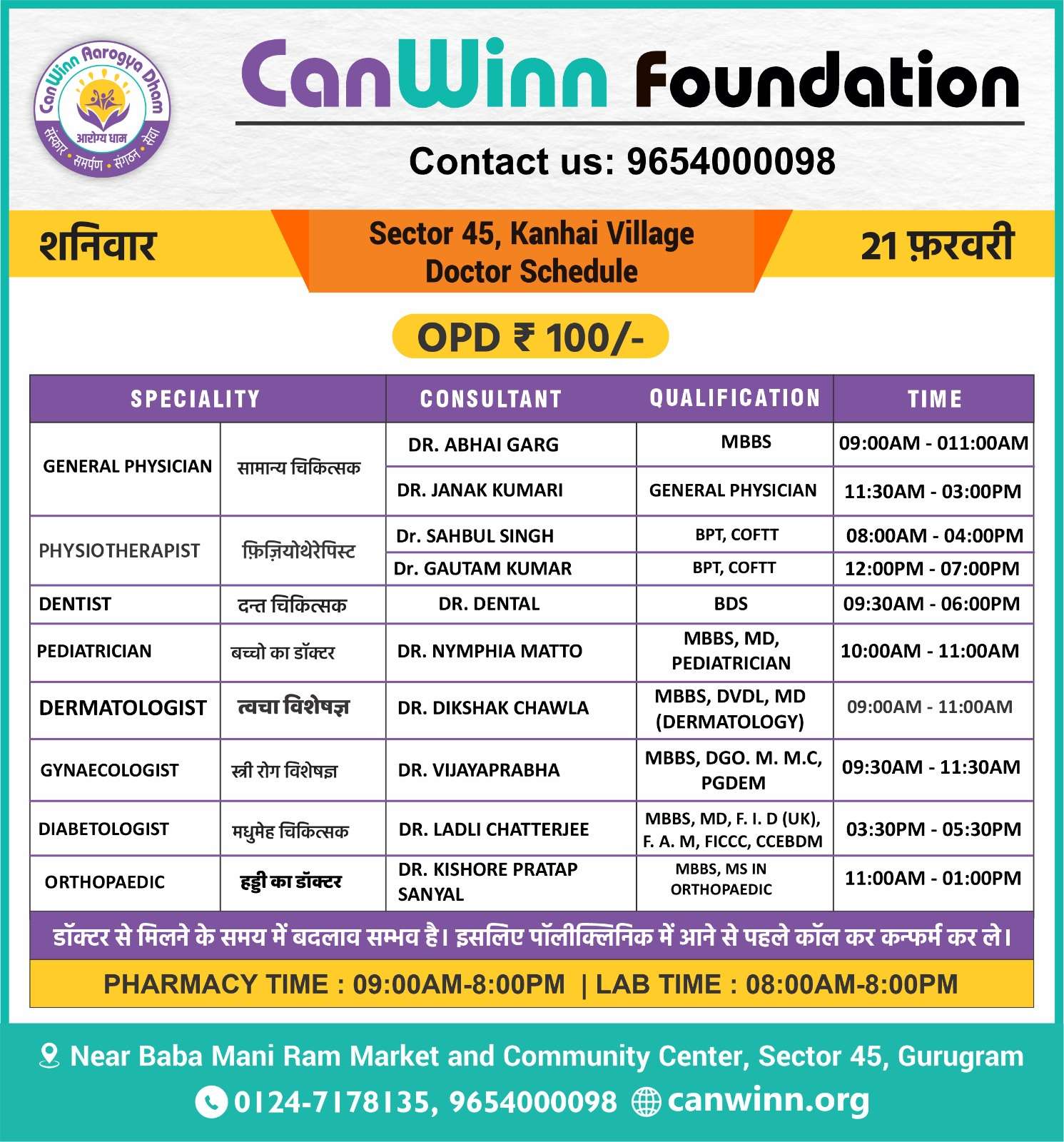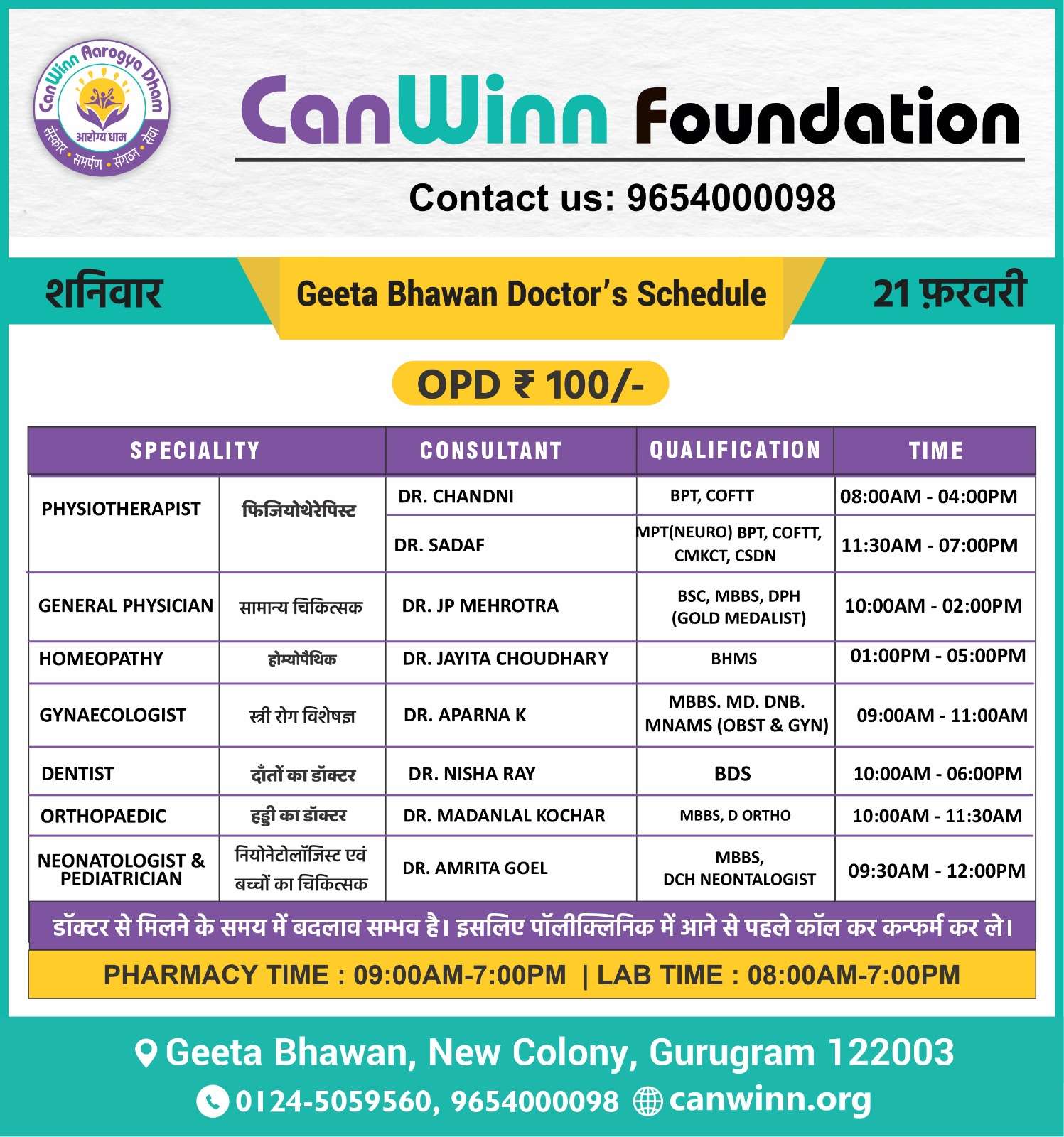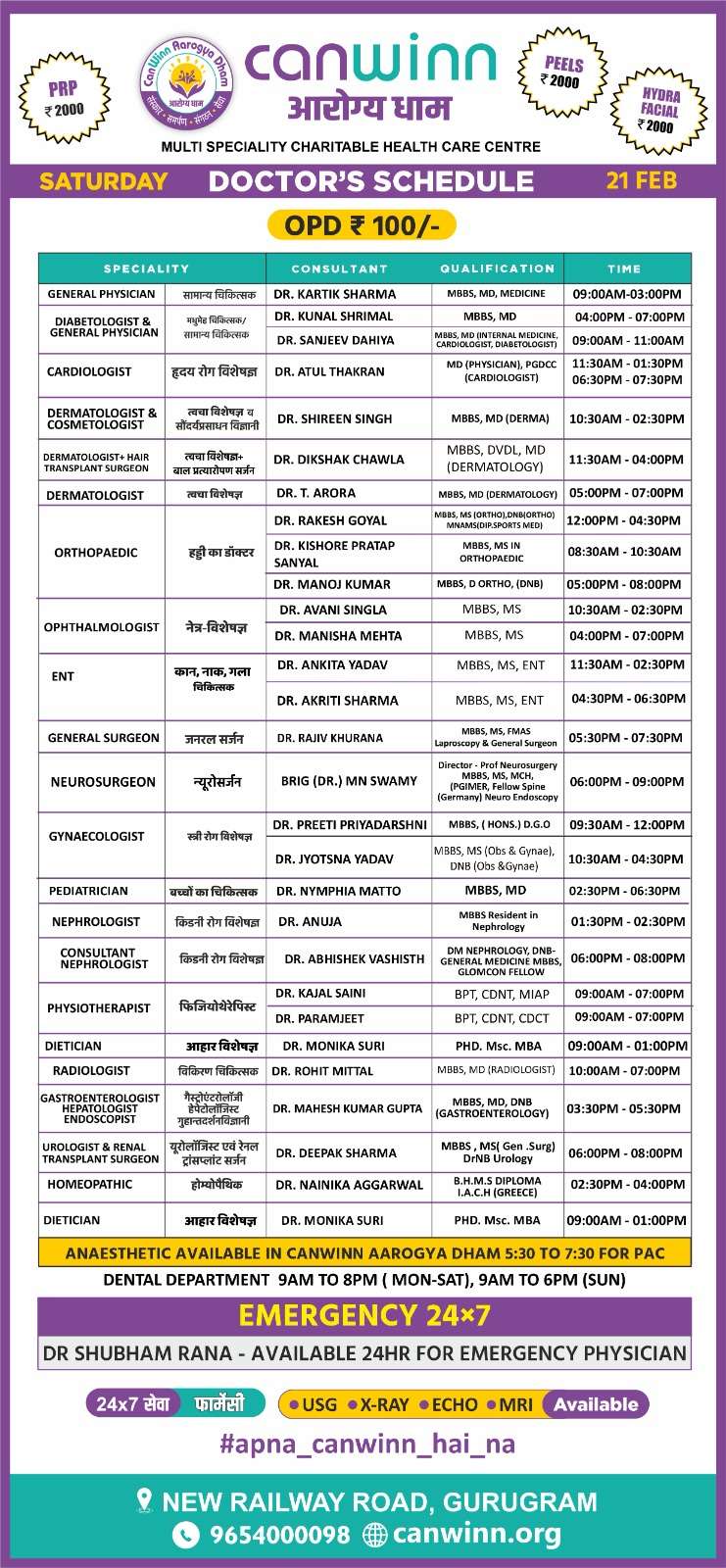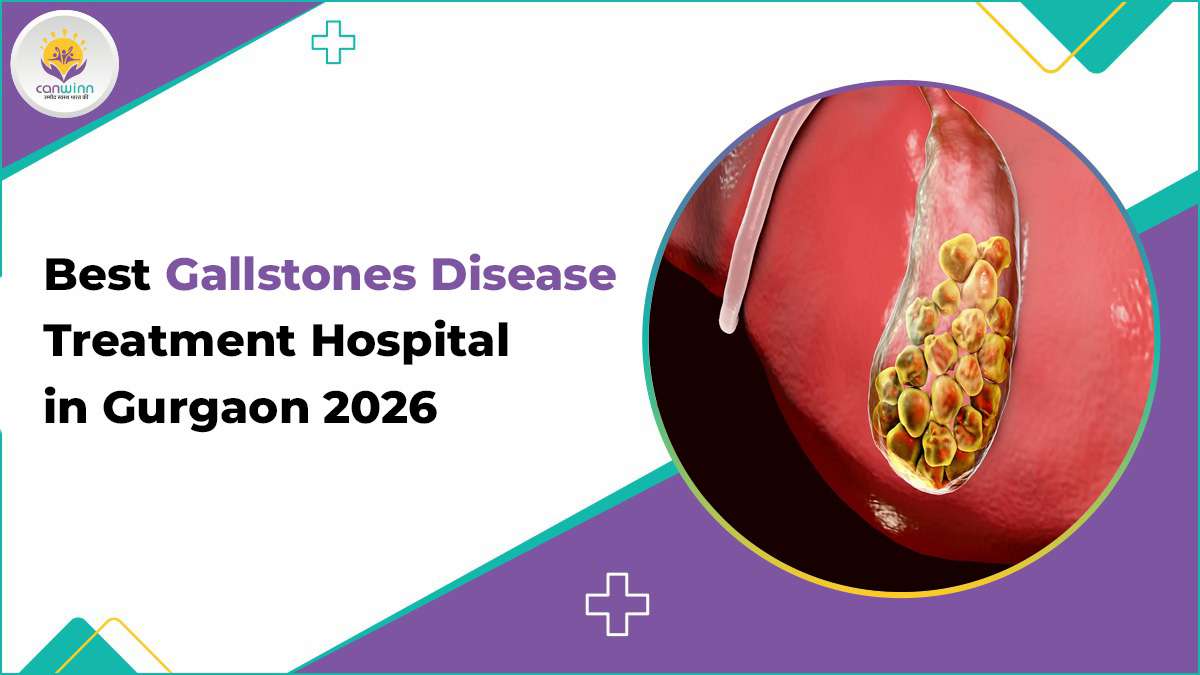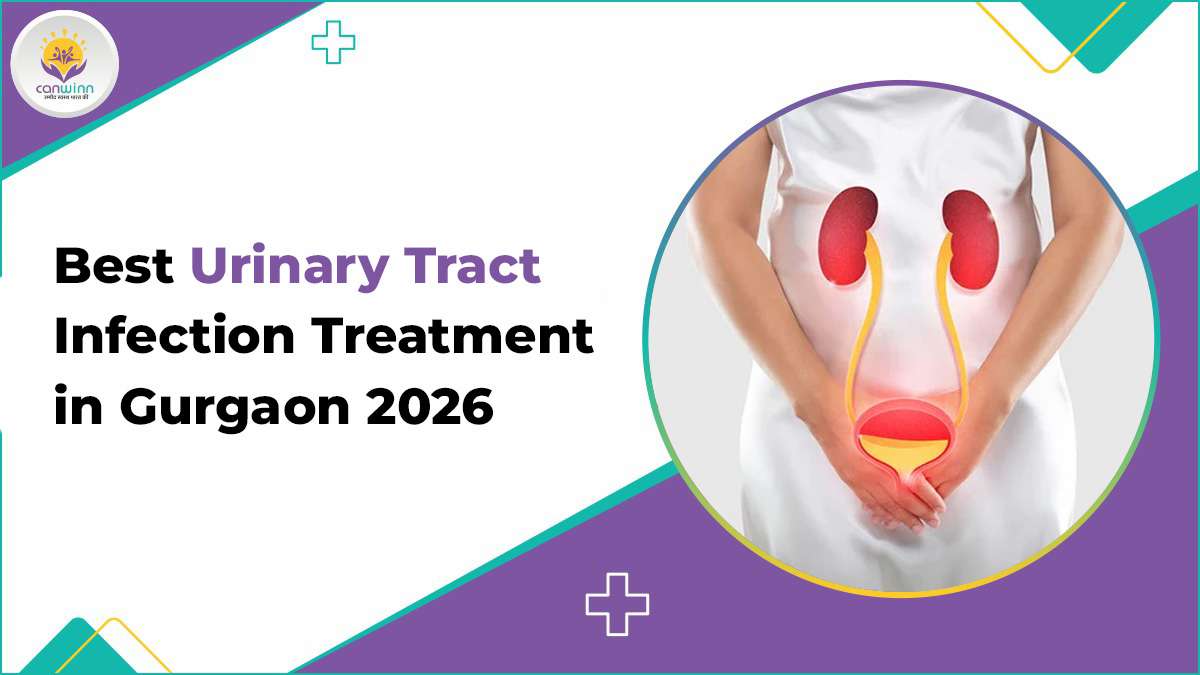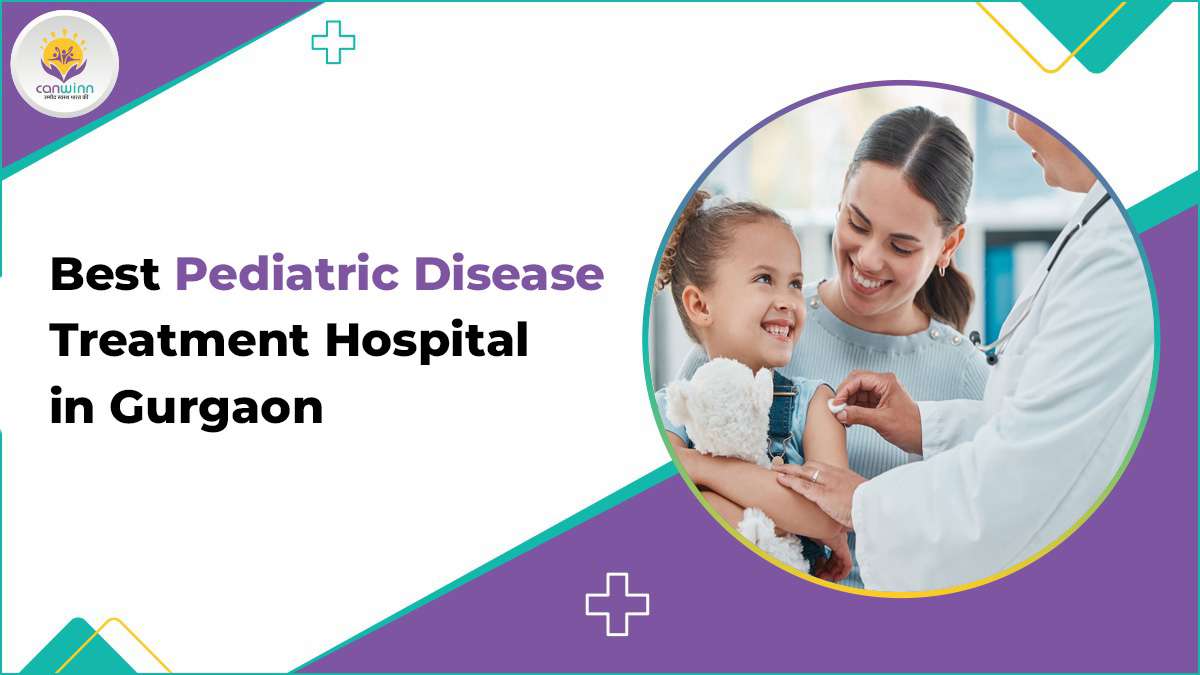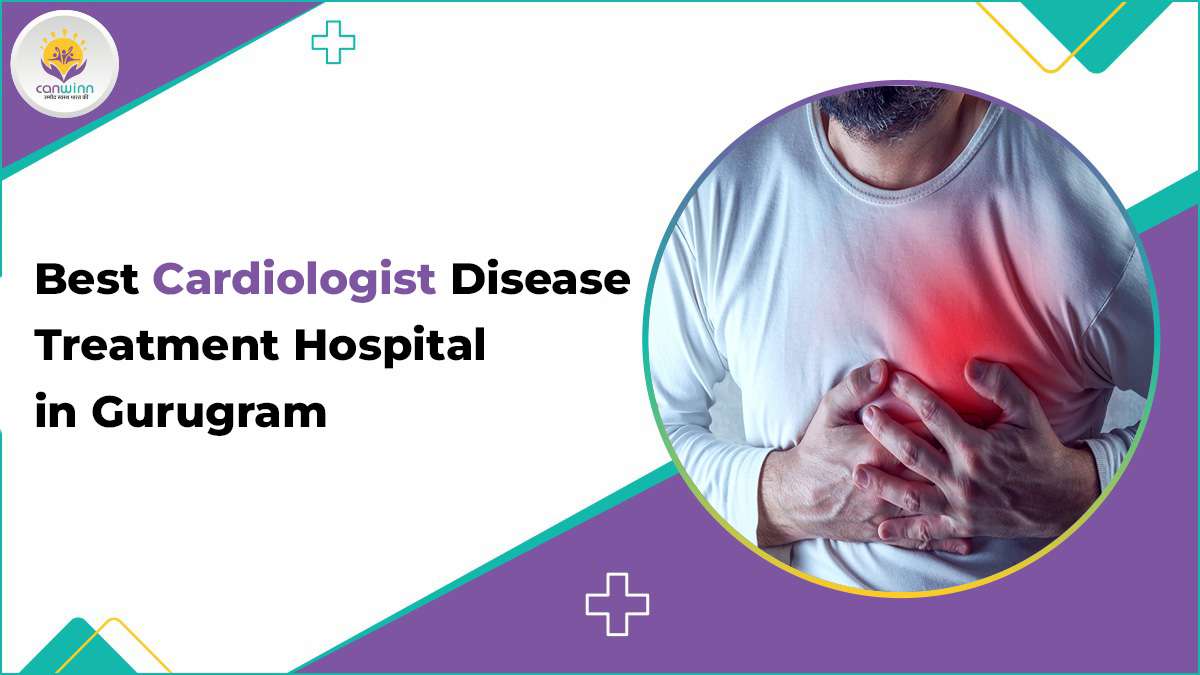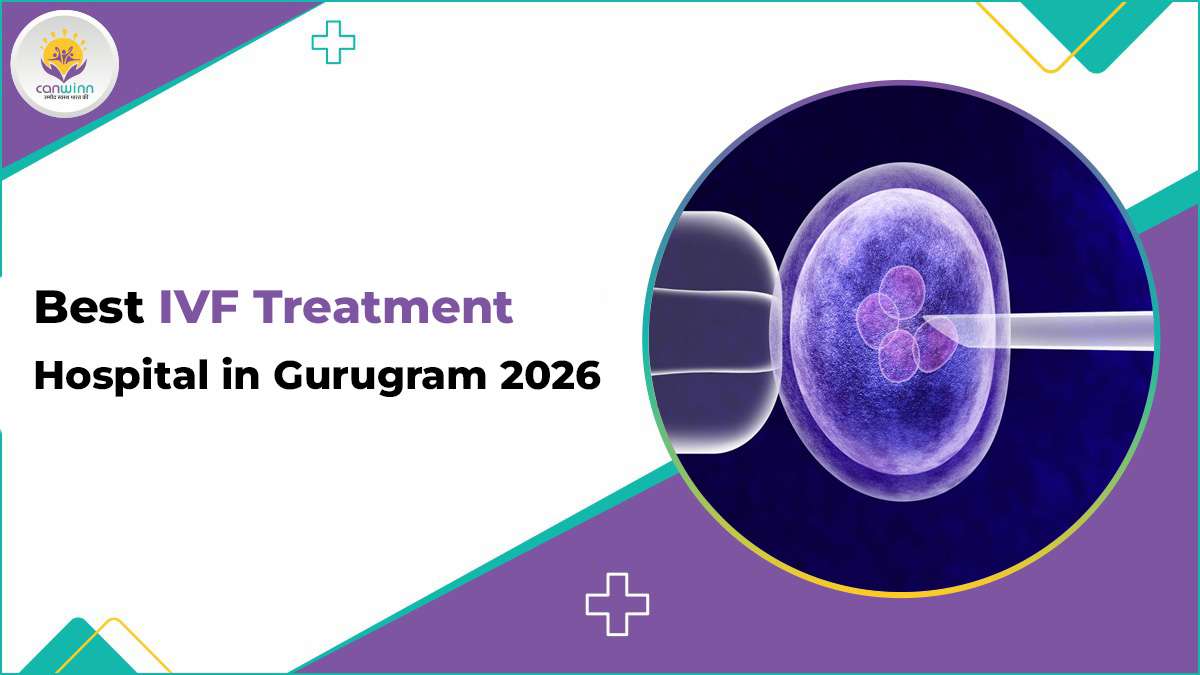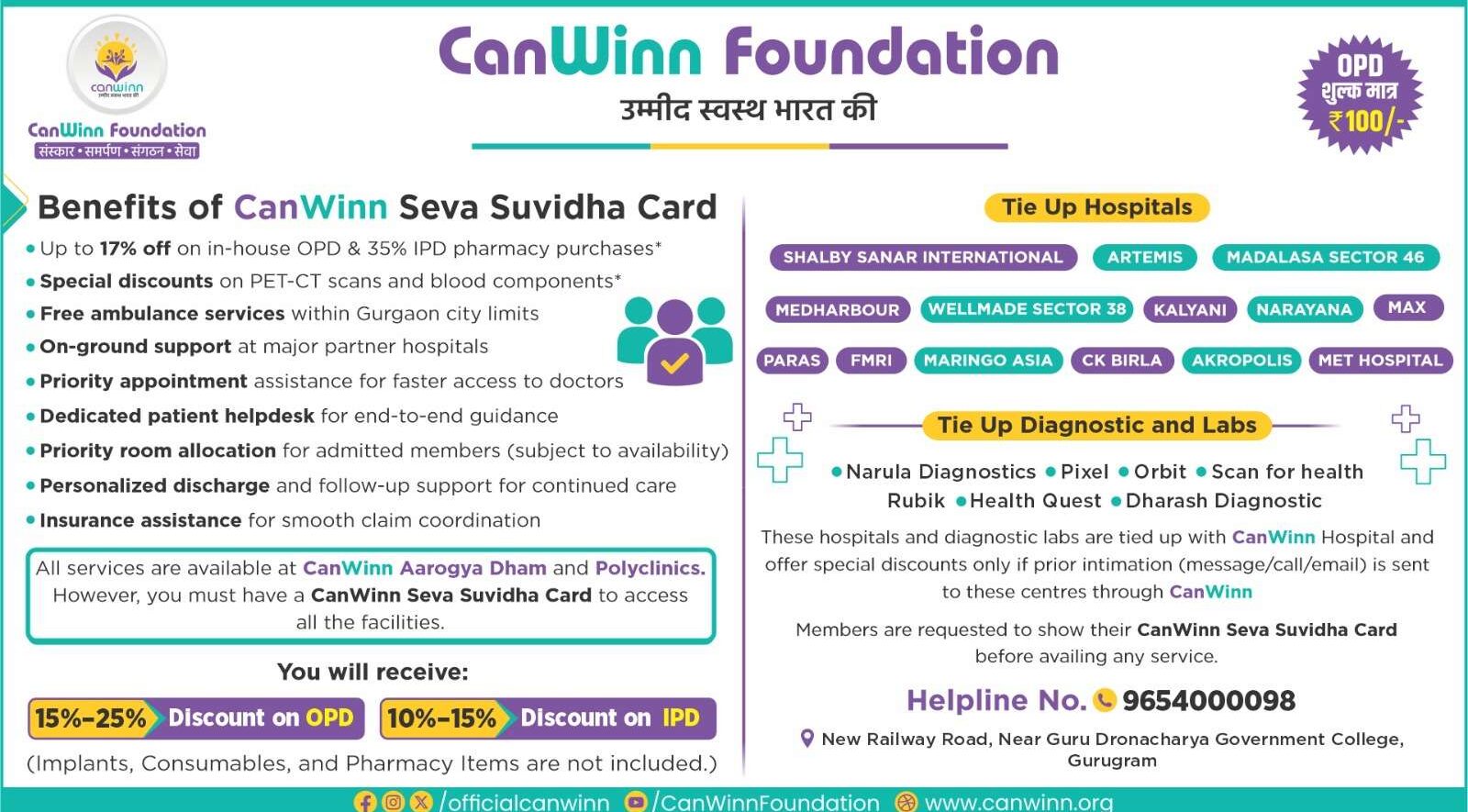CanWinn Foundation Introduction
Reflects the organization’s
Canwinn Aarogya Dham
Canwinn Aarogya Dham is a Multi-Specialty Charitable Healthcare Centre based in Gurugram, India. The facility is recognized for delivering a wide range of medical services, blending conventional medical practices with holistic treatments to enhance overall well-being. Its approach integrates specialties such as cardiology, orthopedics, gynecology, and pediatrics, along with alternative therapies like homeopathy, naturopathy, and physiotherapy. As a charitable institution, Canwinn Aarogya Dham is dedicated to making healthcare affordable and accessible, particularly for underserved communities, promoting both preventive and curative care
Empanelled Hospitals
Satisfied Patients
Years of experience
Team Members
Specialities
An Ecosystem for Clinical Excellence
Founder’s Message

Dr. D. P. Goyal
Founder
During my mother's battle with cancer, we faced a painful truth – there was a lack of trustworthy platforms offering timely and accurate information. In those critical moments, we struggled to find the right doctors and resources. This experience sparked the idea behind the CanWinn Foundation – a commitment to providing reliable support and guidance to those navigating similar challenges.

Naveen Goyal
Co-Founder
Our mission is to enhance society's well-being by ensuring everyone has the chance to live a happy, healthy life. At CanWinn Foundation, we serve those in need—irrespective of community, caste, gender, or personal connection. Committed to action over donations, our NGO focuses on lasting change through vital support and resources for those who need it most.

Dr. Monika Sangwan
Chief Managing Director
As a doctor and Chief Managing Director of CanWinn Foundation, I understand the need for reliable healthcare resources and accurate information. Witnessing patients’ struggles, we aim to bridge this gap, offering care, compassion, and guidance. Our mission empowers individuals to make informed health decisions and fosters a supportive, healthier community for everyone.

Sandeep Dureja
CEO
As CFO of CanWinn Foundation, I focus on efficient use of resources to uphold our mission. With transparency and sustainability as our priorities, we emphasize impactful services over monetary donations. Our aim is to build a supportive community, ensuring access to vital resources for healthier lives. At CanWinn, purpose guides us.
Canwinn
Seva Polyclinic
Dr. D.P. Goyal founded the CanWinn Foundation in March 2019 with the goal of empowering people to overcome chronic diseases.
-
Outpatient Departments (OPDs)
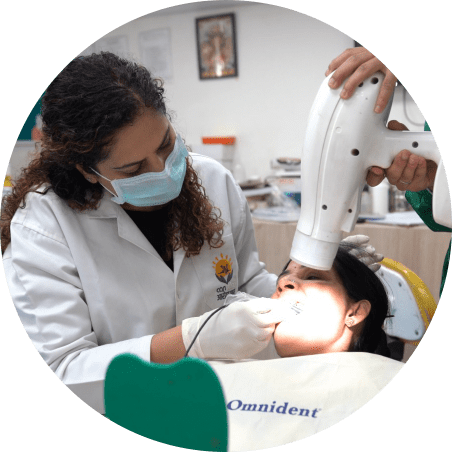
-
₹100 OPD
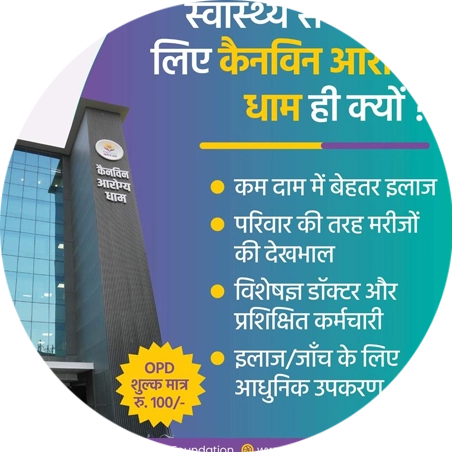
-
Caring systems and processes
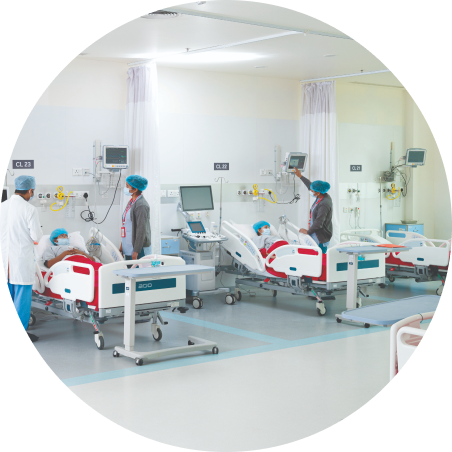
-
Physiotherapy

-
Dentistry
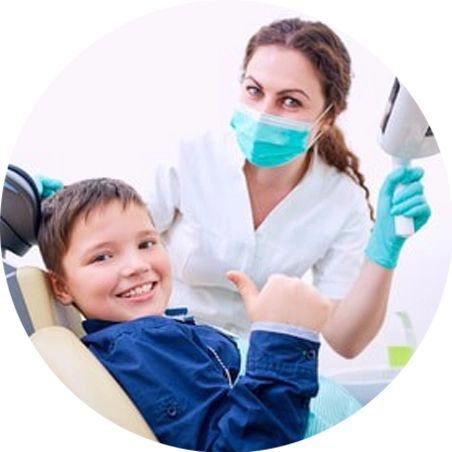
-
ECG
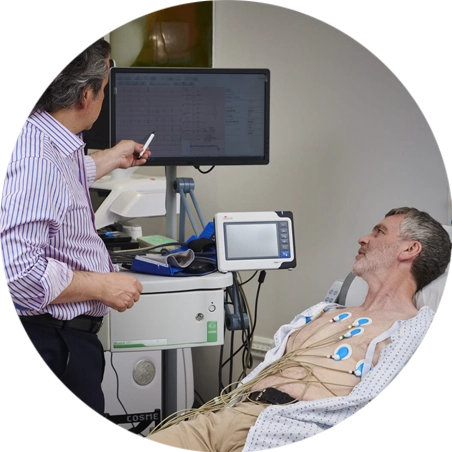
-
Consultation from Specialised Doctors

-
Upto 17% discount on Medicines
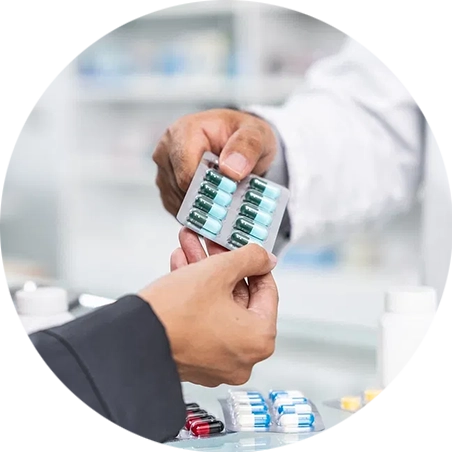
CanWinn
Seva Kender Center
Doctor's Review on CanWinn Foundation
Our Partners
Meet the supporters that helped us on every path
Patient Feedback
Our Latest Doctor Schedule
Our Blogs
Focus keyword: CanWinn Foundation Title: Home – CanWinn Foundation The CanWinn Foundation, a prominent nonprofit organization, welcomes you to its official website. As a reputable establishment dedicated to making a positive impact, CanWinn Foundation strives to provide support and assistance to individuals in need. Explore our website to learn more about our mission, programs, and how you can get involved in our noble endeavors.
Stay up to date with our latest articles, news, and insights by exploring our blog.


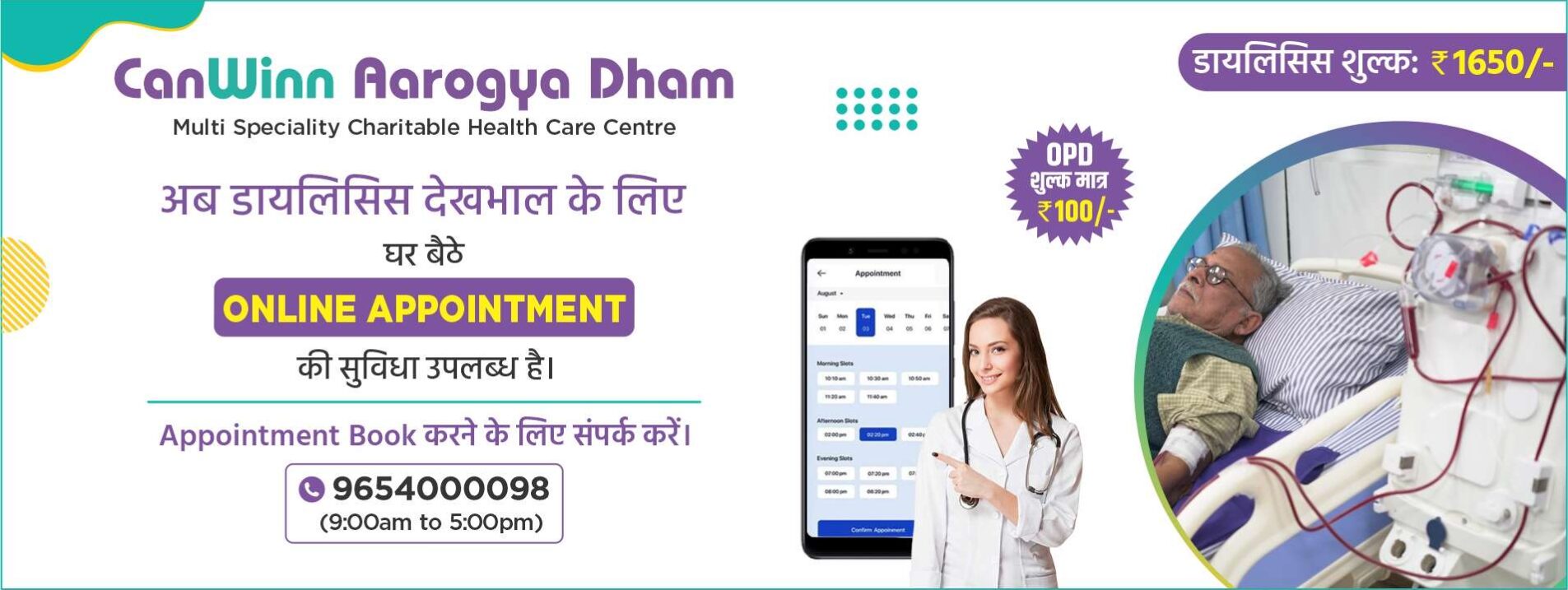
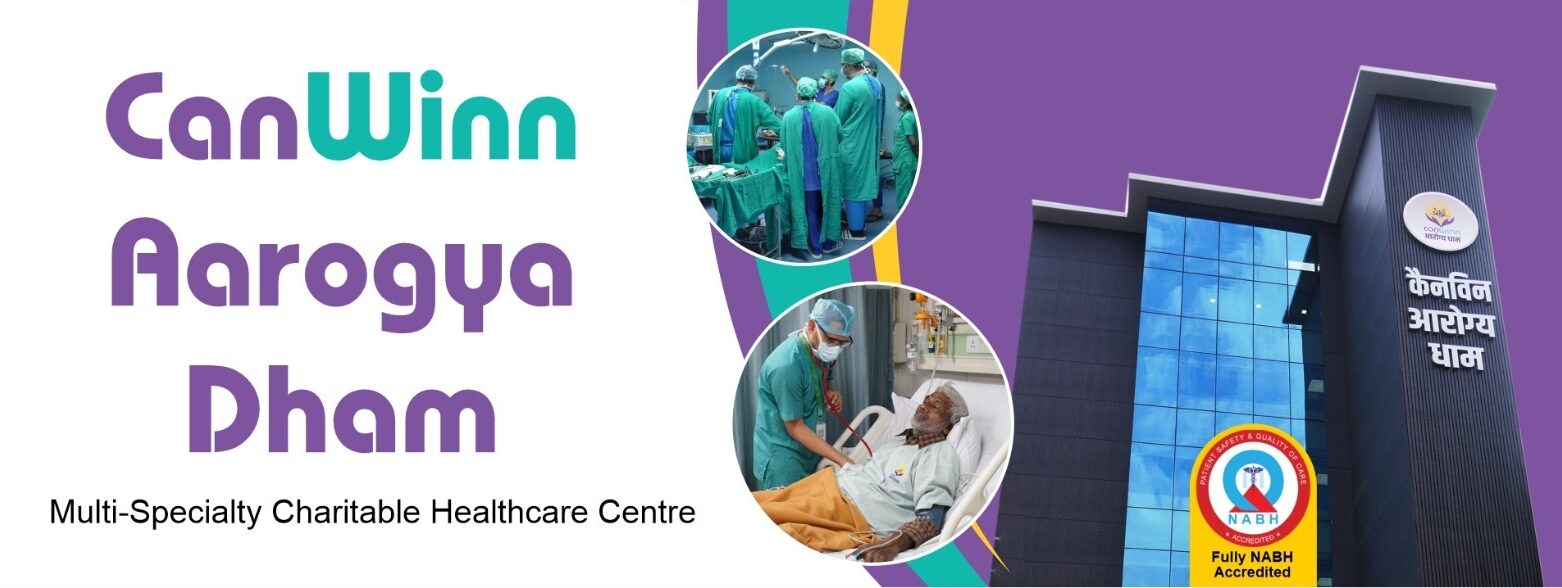
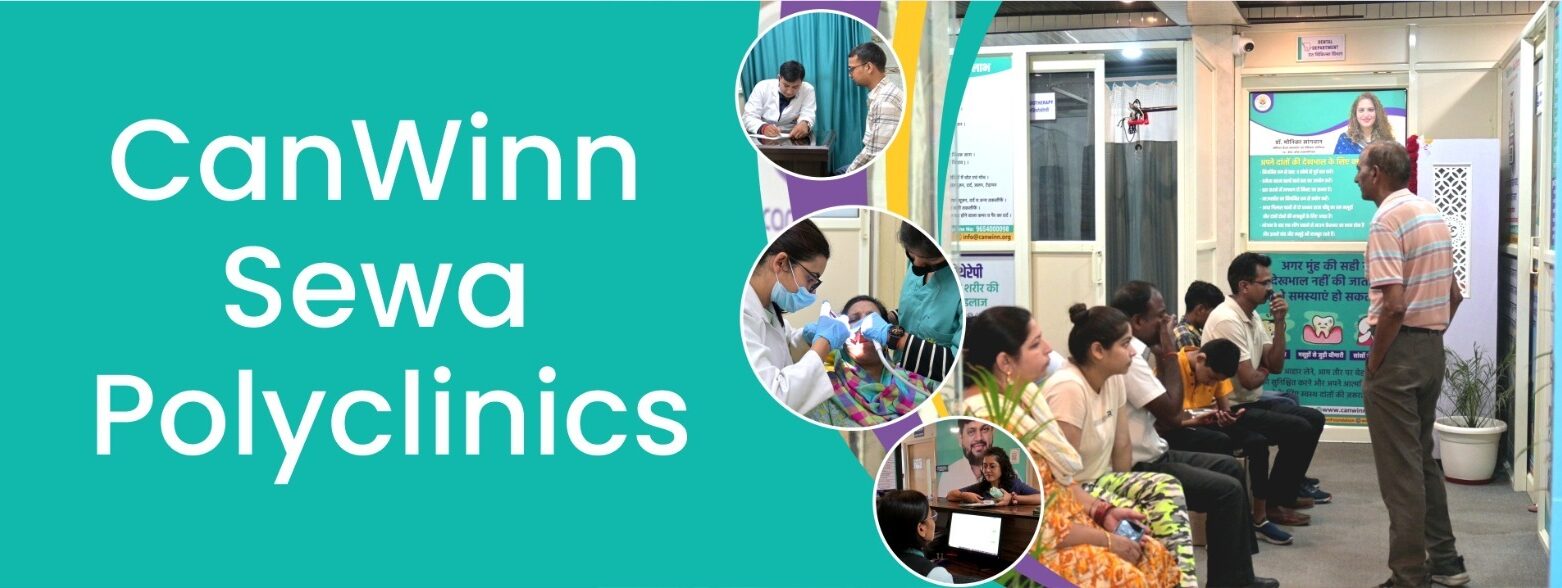



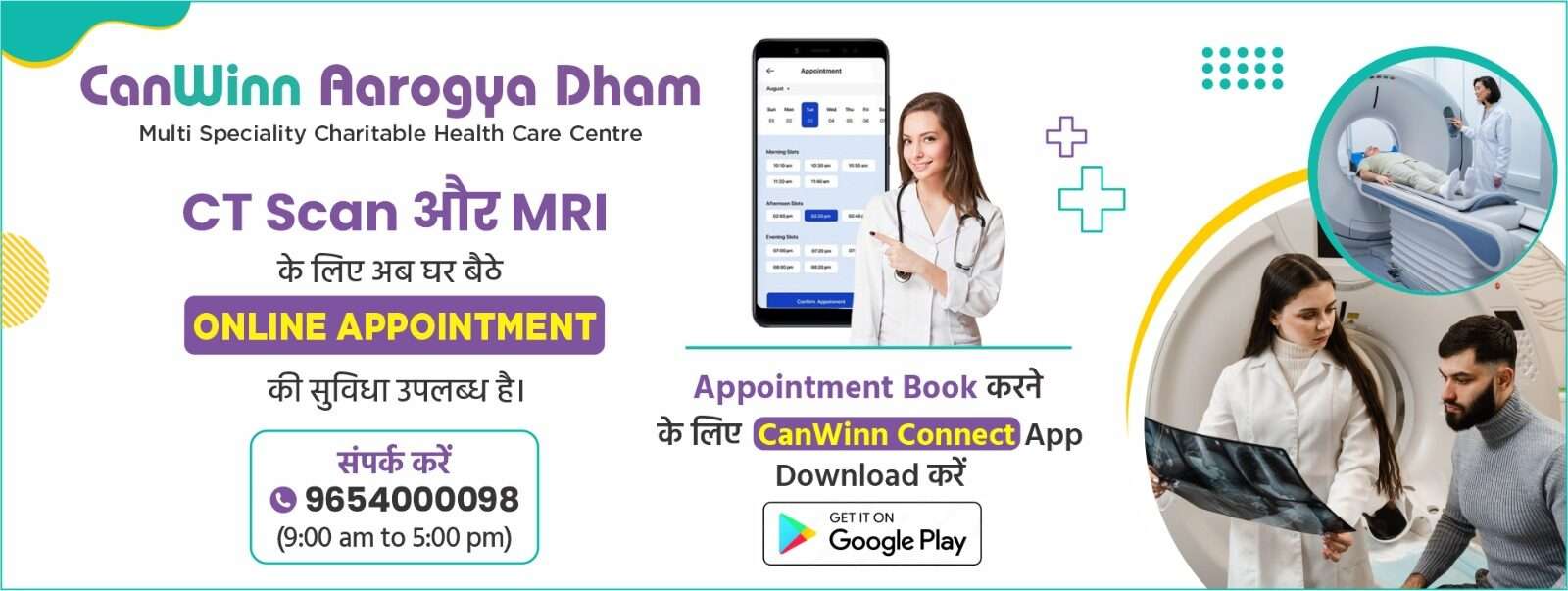
 Book Appointment
Book Appointment
 Doctors
Doctors
 Disease
Disease
 Second Opinion
Second Opinion
